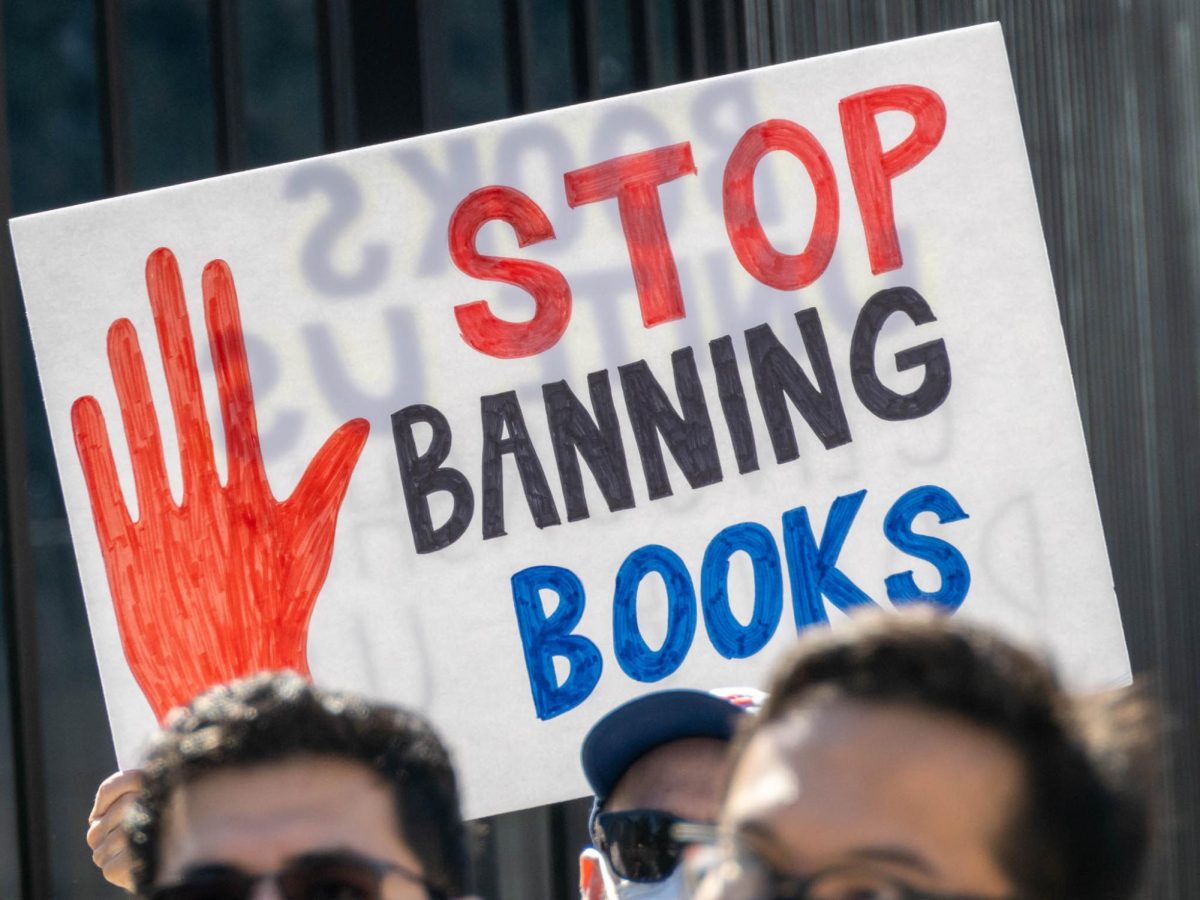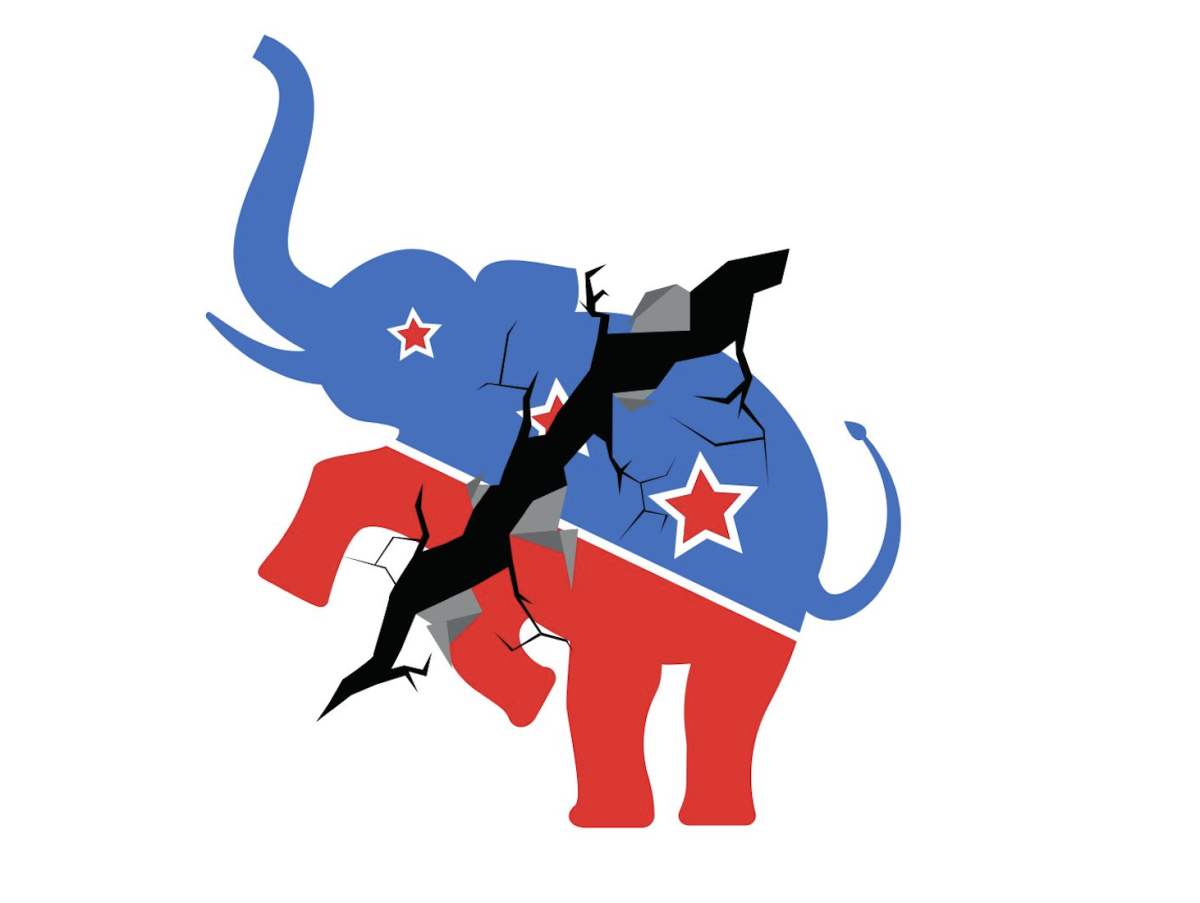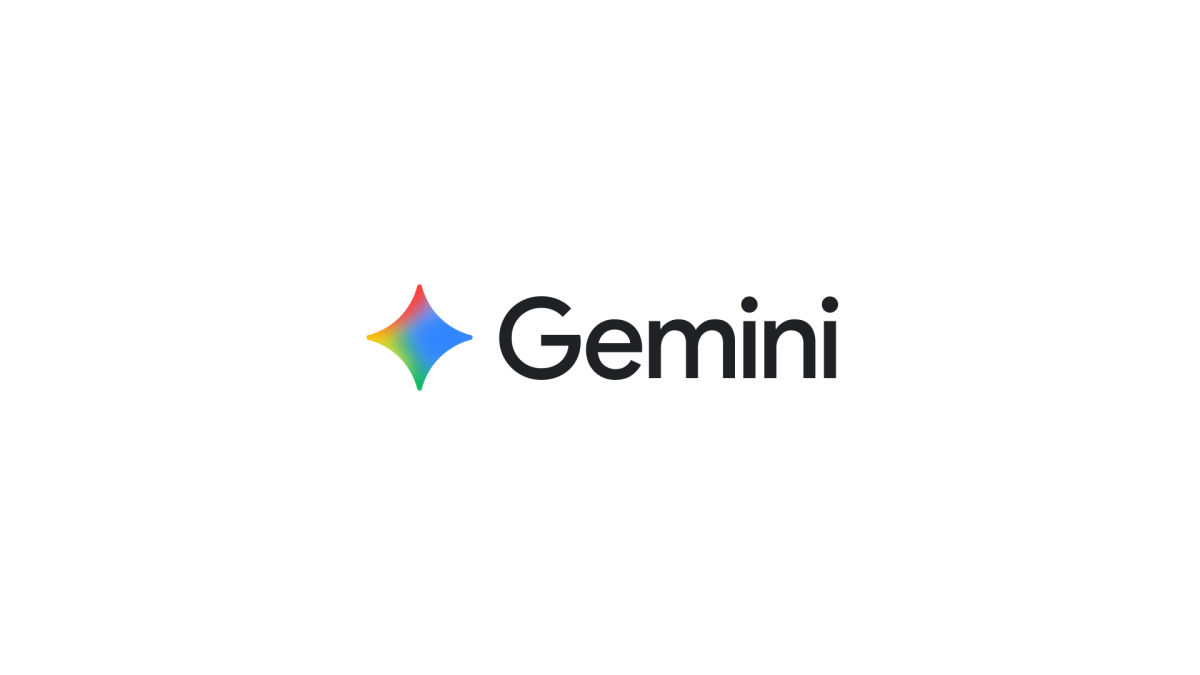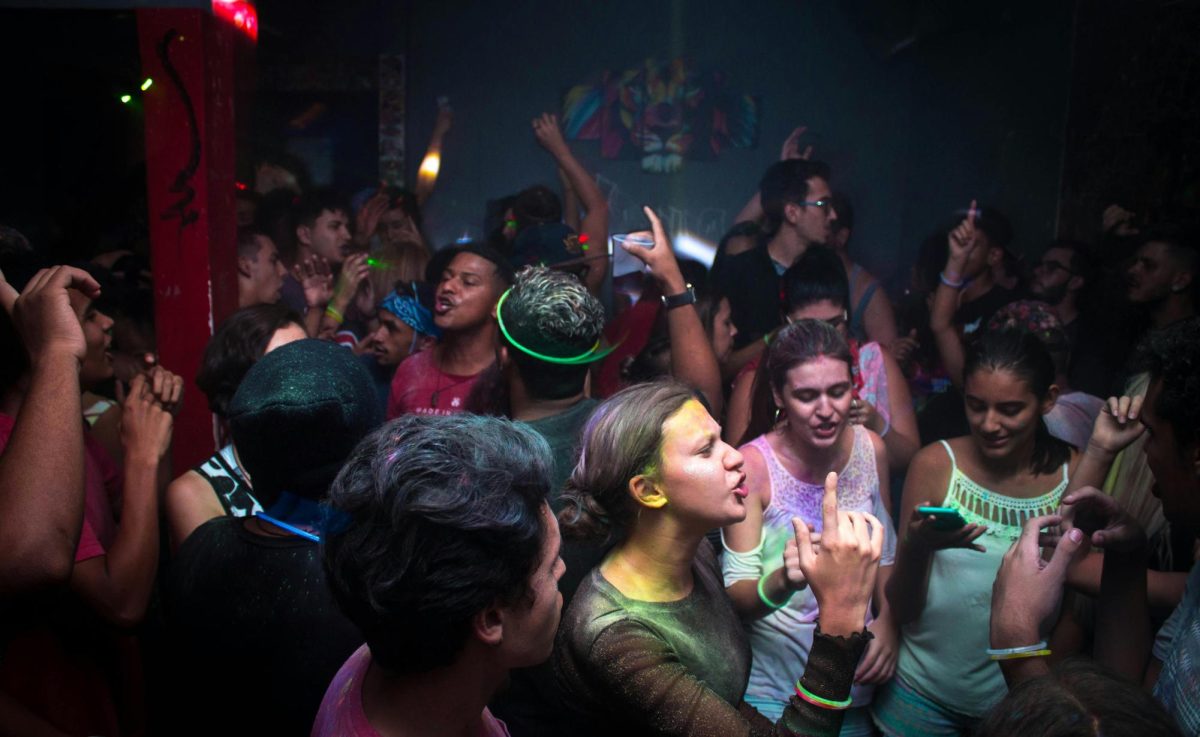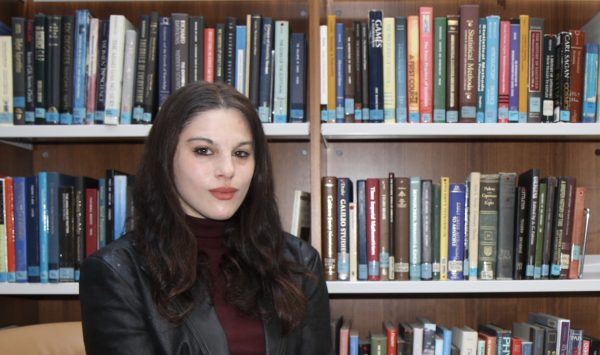Book bans are surging across the United States at an unprecedented rate. The book bans are not just an attack on literature; banning books threatens intellectual freedom, critical thought and education. In the 2023-24 school year, PEN America, the free speech advocacy group, reported the highest number of book bans nationwide, with over 10,000 books completely removed from school district library collections. This wave of censorship, organized under the Trump administration’s Project 2025 agenda, primarily targets books about race and LGBTQ+ topics.
At the center of this ban is Project 2025, an agenda that promises to dismantle the Department of Education, centralize patriotism values into public schools and ban books written by authors of color, women and LGBT+ writers. By restricting access to books about critical race theory and gender identity, Project 2025 suppresses historical truths and erases marginalized voices from the curriculum.
Among the thousands of titles that have been banned are “Gender Queer” by Maia Kobabe, “1984” by George Orwell, “The Handmaid’s Tale” by Margaret Atwood, “To Kill a Mockingbird” by Harper Lee, “The Perks of Being a Wallflower” by Stephen Chbosky and “The Color Purple” by Alice Walker. Organizations like Moms for Liberty and Project 2025 counterparts exploit parental concerns to justify censorship, positioning discussions about race and gender in schools as inappropriate for students.
The intensity of book bans varies from state to state. Florida is leading the censorship movement, with over 4,500 titles banned since 2023. Conversely, some more progressive states, such as Illinois, Minnesota, Maryland and most of New Jersey, have enacted the Freedom to Read Act to prevent these kinds of bans. This law prohibits public libraries and school boards from banning books based on political or ideological differences.
Project 2025 represents the most aggressive federal effort to restrict access to literature in modern history. Under its framework, publishers, teachers and librarians who oppose censorship efforts face professional and legal repercussions. Banning books does not protect children. Instead, it robs them of their right to explore diverse perspectives and think critically.
Removing books that address race, gender and LGBTQ+ identities erase marginalized voices in schools. Depriving students of diverse literature diminishes their civic understanding and capacity for empathy. Project 2025 book bans are part of a broader government agenda to control historical narratives and censor the public’s knowledge of systemic inequalities.
Organizations such as Authors Against Book Bans and the American Library Association are writers, librarians and editors leading the resistance against nationwide book bans by advocating for the fundamental freedom to read. Literature is a powerful tool that enhances the diversity of thought, creates empathy and imparts knowledge. Books are key in shaping our understanding of the world. Authors Against Book Bans defend the freedom to read by implementing banned book clubs and digital library archives to ensure that censored books remain accessible to students and the public.
Allowing the government to ban books without input from teachers restricts students from learning about racism and gender identity in schools. The fact that books about slavery, the Holocaust, LGBTQ+ rights, race and sexism are among those banned is a clear sign of an incredibly dangerous political agenda. Education should empower individuals to think independently, not serve as a tool to manipulate historical truths and erase American history. For many, schools and libraries are often the only places where they have access to books that reflect their identities and heritage.
The banning of books is inherently a banning of intellectual freedom, education and democracy itself. Allowing these book bans to continue sets a dangerous precedent for the future of education and free thought in our country. It is imperative to resist Project 2025’s book censorship to protect the fundamental right to access literature that educates, challenges and inspires.

